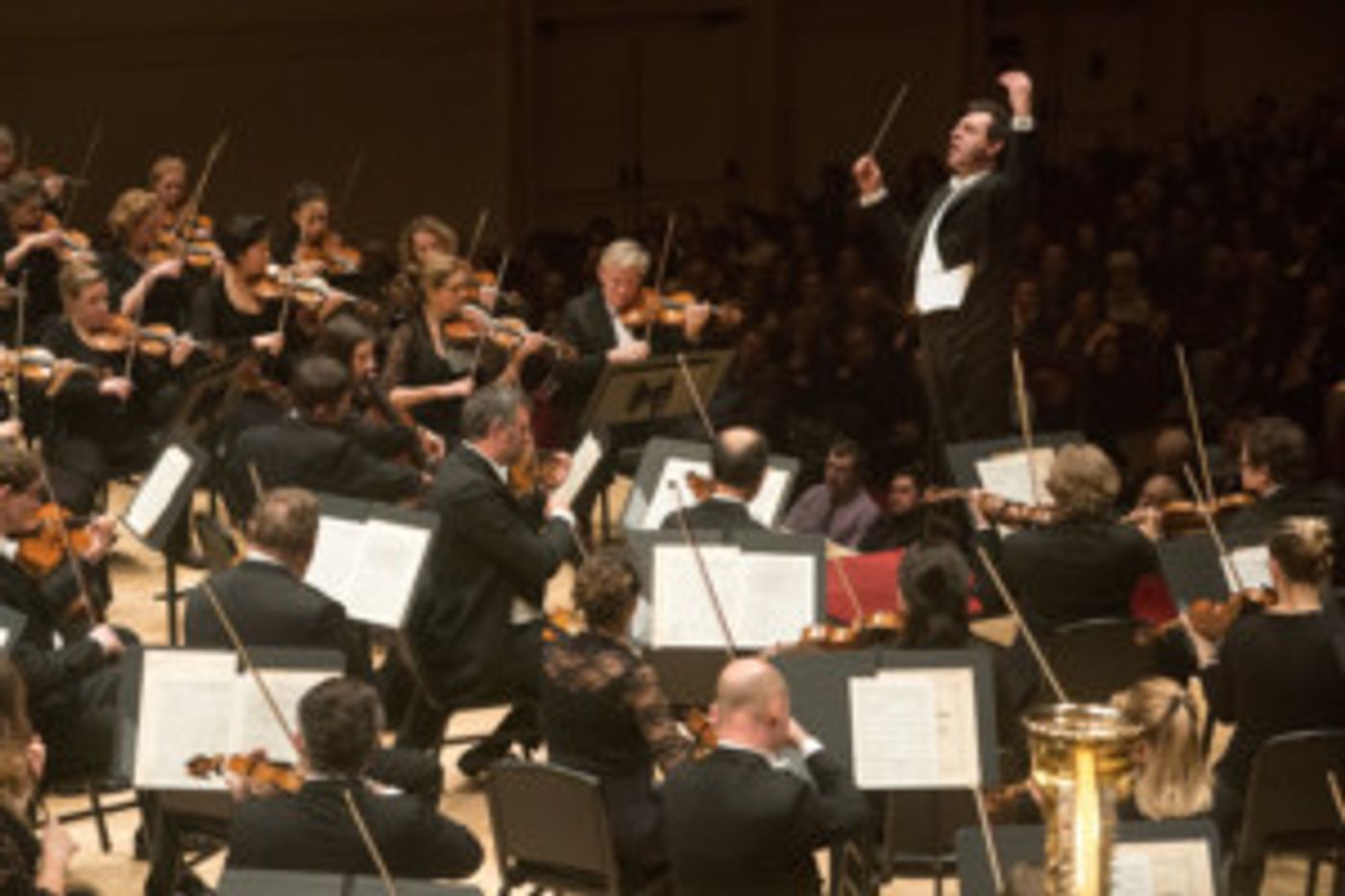Review: ROYAL CONCERTGEBOUW Brings Wagner & Bruckner to Carnegie Hall

ROYAL CONCERTGEBOUW, CONDUCTED BY DANIELE GATTI AT Carnegie Hall
(January 17th. 2018)
Perfection is such a rare occurrence these days. For years, the Royal Concertgebouw Orchestra has had to bear the burden of the tag "world's greatest orchestra." Base on their performance of Wagner and Bruckner at Carnegie Hall Wednesday night, that title is in safe hands. Sticking to two staples of the core German repertoire might be considered conservative programming in lesser hands, but musical director/conductor Daniele Gatti, in his second season at the helm of the Concertgebouw, clearly showed the reason these works are such masterpieces in the first place.
The Prelude to Act 3 of Parsifal and Bruckner's Ninth Symphony were perfectly paired, pouring a shimmering, spiritually transcending cloud over the audience. The mystical nature of both works was fully on display and highlighted by the lilting tempi that Gatti chose. Conducting both works without a score, the maestro drew almost superhuman sound from the orchestra, bringing forth all sorts of minute details that often go by unnoticed even in such well-worn works.
Ironically or by design, both works were the final compositions of the composers, yet each displayed a vastly different inner world view. Wagner's "most Christian" work - albeit laced with heaping helpings of Buddhism and Paganism - was very much a theatrical piece designed both to mystify and dazzle his audience. Bruckner by contrast, was a deeply religious man and his work cries out of solemnity.
The Prelude to Act 3 is a magical mélange of changing keys and complex harmonic structures that lead wantonly to climax after climax, building and building without ever achieving that resolution. In the harmony lies some of the most haunting sadness ever melded into music. Woodwinds and horns blend and trade melody and harmony so effortlessly that its often impossible to tell which is which - assisted in part by the unusual harmonic, often chromatic progressions. That much sought-after resolution is finally reached in the Good Friday Music, where rapturous horns broke forth letting in the sun through the clouds, crying out that redemption was near. It speaks volumes about the level of the music that it is still ravishing without benefit of the vocals it was intended to support without missing a beat.
Richard Termine." height="340" src="https://cloudimages2.broadwayworld.com/upload12/1788244/files/45484-rco-amsterdam-inauguatie-daniele-gatti-credits-mladen-pikulic-resized.jpg?format=auto&width=1400" align="right" width="510">
Bruckner worshipped Wagner's work and his influences cannot be understated, but despite the superficial similarities, their styles could not be more different. The 9th was left uncompleted at the time of the composer's death and is traditionally performed in just three movements. The orchestration of early and middle symphonies are complex layers, massive and multi-textural. The 9th, however, aspires to reach an even high plain. Religious conviction, like fingerprints, are everywhere in the work. Once again, Maestro Gatti took a staid pace, allowing for an extremely detailed read, putting on display deeply embedded elements that are often hidden in the dense orchestration. That said, the tempo was on the slow side but never dragging.
Tremulous undercurrents of tension beat just beneath the surface waiting to break through the first movement, punctuated with savage blasts of brass cutting through the strings. Bruckner was never content with a simple beautiful melody, always adding a slight harmonic discord in the distance. Gatti did a fantastic job of allowing the secondary underpinnings to reveal themselves without ever overpowering the melody.
The titanic scherzo began with an extremely delicate pizzicato, almost imperceptible to the ear, before exploding into the pulsating brass and strings, which shook the rafters. Again, Gatti chose a slower pace, highlighting the almost military precision of his forces. The loud dynamic pulses faded into the distance as the gorgeous trio which followed took over, with layer upon layer of chromatic melodies telling of an infernal dance in the distance.
The third movement was ravishing. Bruckner referred to this movement as his "Farewell to Life." Gatti took a more traditional pace for the adagio abandoning the slower tempi of the first two movements and it worked brilliantly. The rising brass passages longingly unfolded into achingly tender strings. The grand climaxes of the final movement were cataclysmic in intensity, and Gatti appeared to be a man possessed with fire in his eyes as he unleashed the full forces of his orchestra. The final crescendo, just prior to the finale was splendidly delicate rather than the usual explosion. In doing so, Gatti provided a mystical bridge between the savage power and avalanche of sound of the middle section and the most serene coda which concluded the work. His Wagner tubas that yearnfully call out into the distance at the conclusion were just magnificent.
All in all, the performance was as close to a realization of perfection as we are likely to see these days.
- Peter Danish
Photo: Richard Termine
Reader Reviews

Videos

